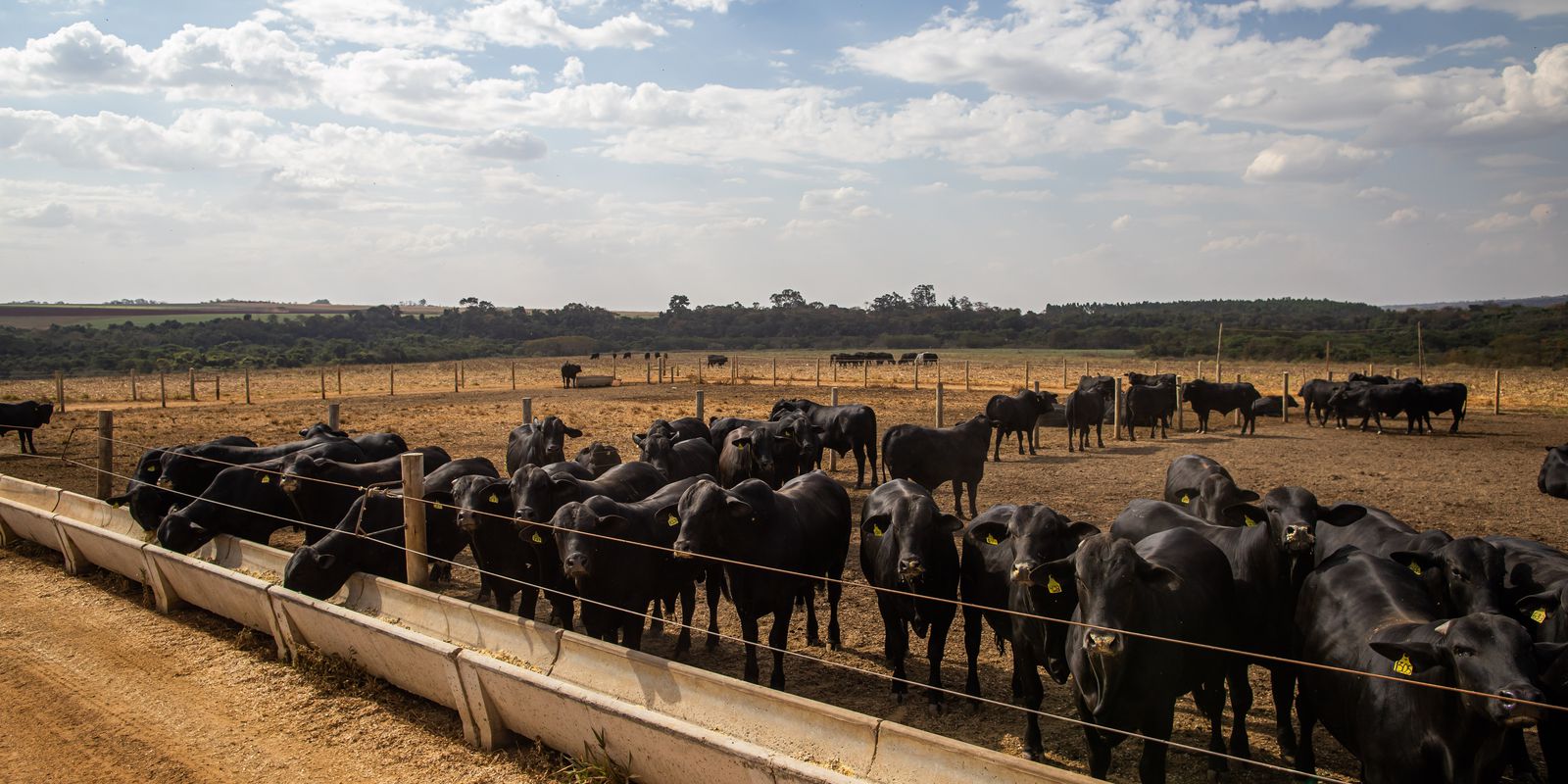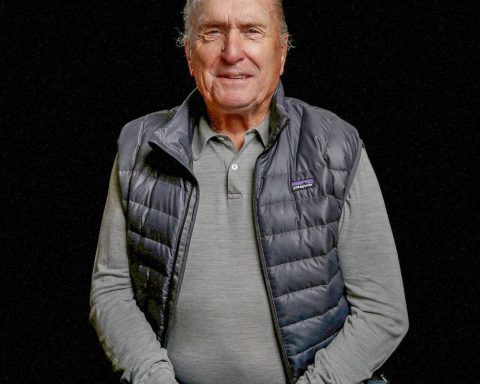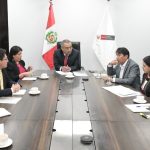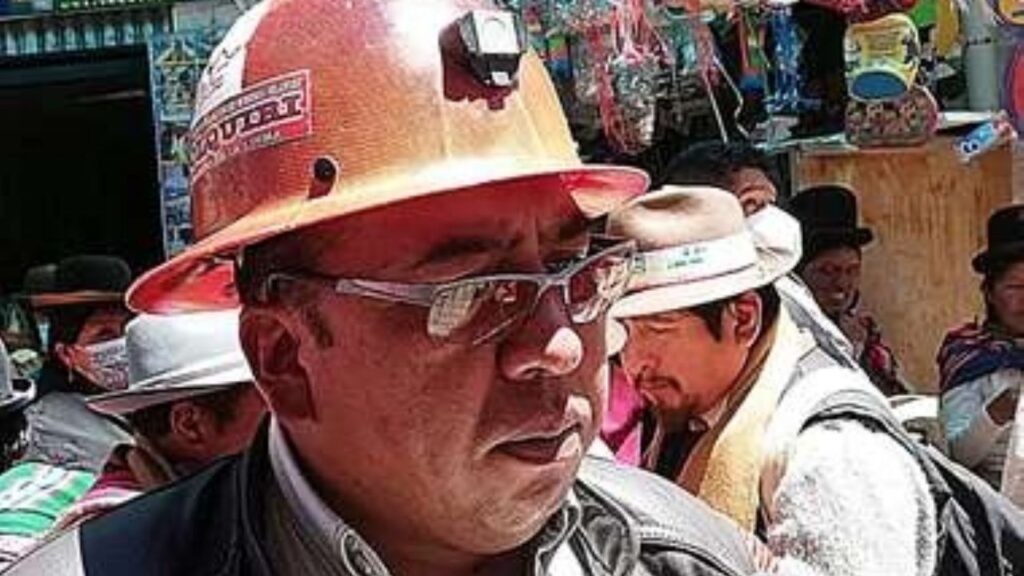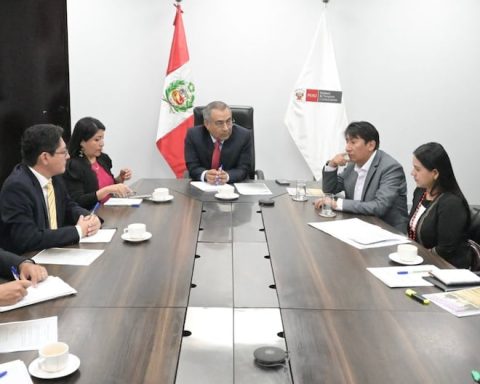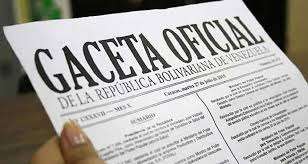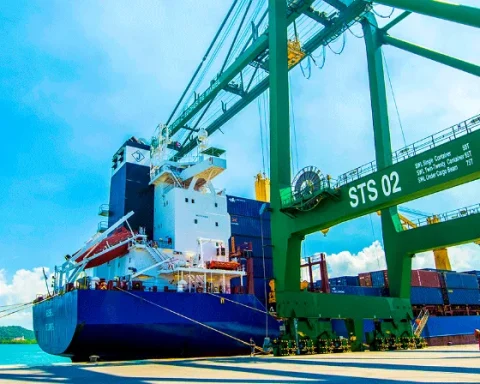The Ministry of Agriculture, Livestock and Supply (Mapa) and the National Bank for Economic and Social Development (BNDES) signed today (23) a technical cooperation agreement on low carbon cattle ranching, which involves carrying out a study to create mechanisms for incentive to reduce carbon emissions in beef and dairy cattle farming in Brazil.
Minister Tereza Cristina highlighted the importance of launching this agreement “completely innovative, within sustainability practices for our livestock and for our producers”.
The president of BNDES, Gustavo Montezano, signed the agreement stating that the project follows three fundamental pillars for the bank: adequate governance, the purpose of bringing impacts and working in partnership. “Because working in partnership brings open innovation and that’s what we’re talking about here today”.
Strategy
In 2010, the agricultural sector made a voluntary commitment to mitigate greenhouse gases and promote agriculture that is more resilient and more adapted to climate change. The results of the strategy already point to a 10% reduction in emissions per animal head. “We clearly see the importance of partnership, of public policies in the trend of reducing emissions per animal head”, pointed out the director of Sustainable Production and Irrigation at Mapa, Mariane Crespolini.
Mariane also highlighted the entrepreneurship of the rural producer, who adopted technologies that the Brazilian State has been promoting. “But more is needed in the context of methane. More technology is needed.” For this reason, Mapa renewed the ABC Plan, which was renamed Plano ABC +, as the portfolio’s main strategy for agriculture and livestock that mitigates greenhouse gases. Some technologies from the first phase were maintained, such as the recovery of degraded pastures, responsible for the recorded reduction of emissions, and new technologies were presented combining animal nutrition strategies.
The director highlighted that the new partnership with BNDES will result in a study to find out the product’s life cycle, from the seed used in pasture, the limestone used to correct the soil, to when the consumer buys the liter of milk or the kilo of meat in the market.
The study will improve the metrics for measuring emissions and the valuation and recognition of the assets of this decarbonizing agriculture, as well as tools, such as technical assistance, to accelerate the adoption of these technologies.
Study
The director of Productive and Social and Environmental Credit at BNDES, Bruno Aranha, said that Brazilian emissions currently represent between 3% and 4% of global emissions. According to him, there is no standardization of the assessment of carbon emissions in the agricultural sector.
“An analysis of the entire life cycle of animals and products is necessary, as is already the case in other sectors, such as biofuels”. He recalled that the ABC+ Plan already foresees production techniques that allow reducing emissions, based on the integration between farming and forestry, intensification of pastures and treatment of waste.
The agreement provides for the contracting by BNDES, with its own non-reimbursable resources, of a company that will format a study to generate, in the end, a standardized system, where emissions can be measured and certified, with a view to mapping the entire cycle of life of the products in the different models of production of bovine meat and milk.
This measurement will make it possible to know how much carbon each producer is emitting and move on to a new stage, which is the construction of new incentives, the proposition of public and private mechanisms that value investments in technological innovation and new production systems that generate the lowest carbon emissions. carbon.
The BNDES will issue a public notice in April for the selection of the partner that will prepare the study. The submission of interested proposals runs until June, with project selection in August. The outlook for the study results is one year, said Bruno Aranha. “We are quite confident in the results for the sector and for Brazil”.
Enhancement
The deputy secretary for Innovation, Sustainable Development and Irrigation at Mapa, Cleber Soares, highlighted that the agreement with BNDES will improve the ministry’s indicators. He reported that the carbon mitigation target for the first decade, established by the ABC+ Plan, was 162 million tons of CO2 equivalent, a goal that was surpassed, reaching 175 million tons of CO2 equivalent.
Another goal was to implement 35 million hectares with decarbonizing practices. “And we broke the record in implementing 72 million hectares. This represents the equivalent of twice the territory of the United Kingdom.” By 2030, Soares recalled that the goal is to reach another 72 million decarbonizing hectares.
For the president of BNDES, Gustavo Montezano, the agreement with Mapa represents another step in the technological race towards a green economy. “When we quantify Brazilian agriculture, this is a huge competitive advantage. We need to build this information on the amount of carbon for large and small rural producers, convinced that this will be a competitive advantage for Brazilian livestock”.
Minister Tereza Cristina added that the agreement will give rural producers peace of mind not being afraid and knowing the way to reduce emissions. According to her, the ministry will provide the tools for the producer to know what to do. According to the minister, the agreement will provide small farmers with more information and technical assistance in order to have faster responses.
